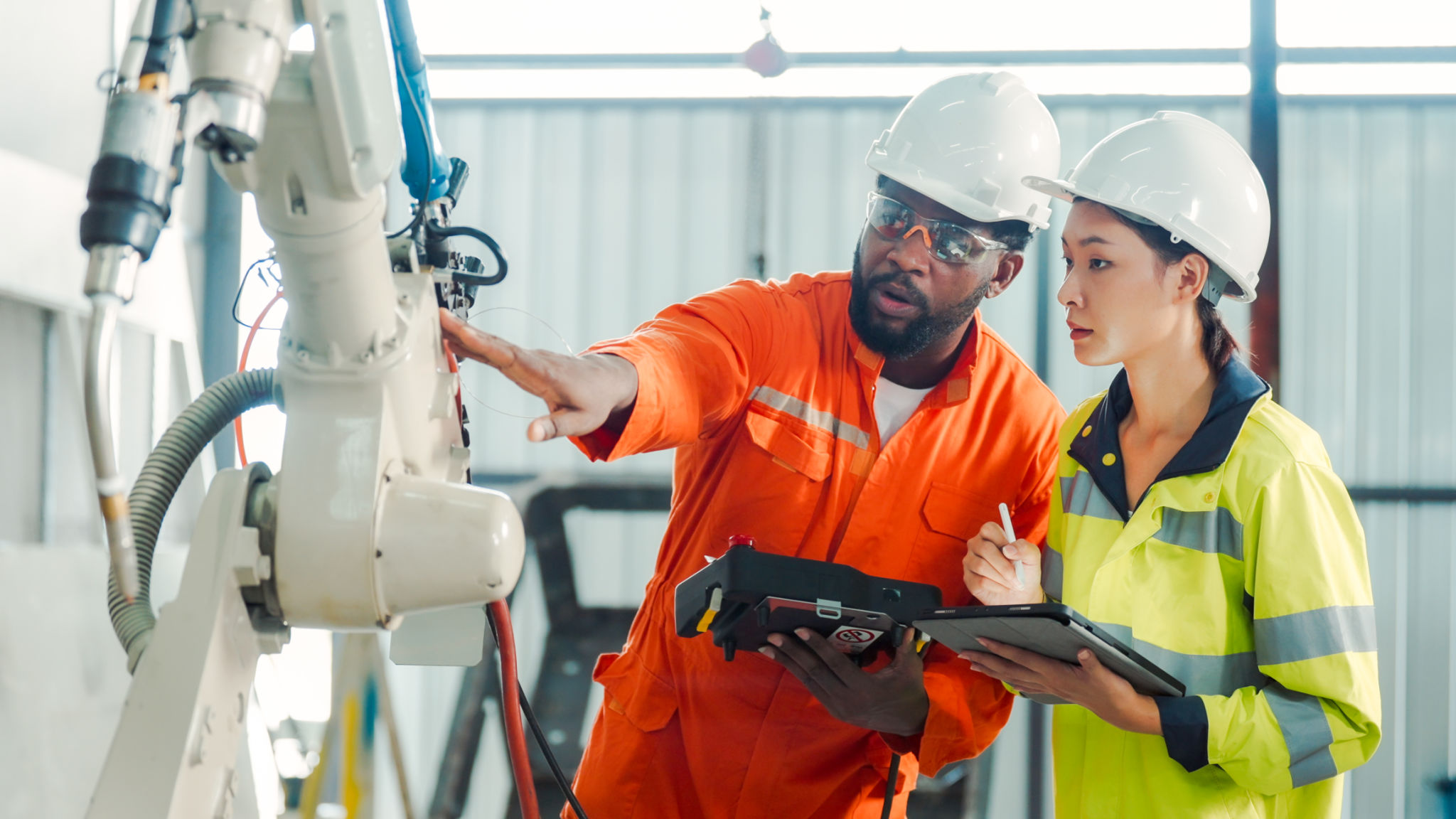The Role of Inspection Robots in Future Factories
The Evolution of Inspection Robots
In recent years, the integration of robotics in manufacturing has transformed how factories operate. Among the most significant advancements is the deployment of inspection robots, which are poised to play a crucial role in the factories of the future. These robots are designed to enhance efficiency, accuracy, and safety in industrial environments.
Inspection robots are equipped with advanced sensors and artificial intelligence, enabling them to detect anomalies and defects that might be missed by human inspectors. This capability not only improves product quality but also reduces waste and rework, leading to significant cost savings for manufacturers.

Enhancing Efficiency and Productivity
One of the primary benefits of inspection robots is their ability to work tirelessly without breaks, unlike human workers. This continuous operation can drastically increase productivity and throughput. Robots can perform inspections at a faster rate, ensuring that production lines run smoothly and without interruptions.
Moreover, these robots can be programmed to work with precision and consistency, minimizing the risk of human error. By automating routine inspections, human workers can focus on more complex tasks that require critical thinking and problem-solving skills, further enhancing overall productivity.

Ensuring Safety and Reliability
Safety is a paramount concern in any industrial setting. Inspection robots help mitigate risks by performing tasks in hazardous environments that could pose dangers to human workers. Whether it's inspecting high-temperature equipment or navigating confined spaces, these robots are equipped to handle challenging conditions safely.
The reliability of inspection robots also ensures that regular maintenance checks are conducted efficiently, reducing the likelihood of equipment failures that could lead to costly downtime or accidents. This proactive approach to maintenance extends the lifespan of machinery and enhances operational stability.

Adapting to Diverse Industrial Needs
The versatility of inspection robots makes them suitable for a wide range of industries, from automotive manufacturing to electronics production. Their design allows for customization, enabling them to adapt to specific inspection requirements unique to each sector.
- Automotive: Ensuring the integrity of vehicle components.
- Electronics: Detecting defects in microchips and circuits.
- Aerospace: Inspecting aircraft parts for structural soundness.
This adaptability ensures that as industries evolve, inspection robots can continue to meet their changing needs.
The Future of Inspection Robots
As technology advances, we can expect inspection robots to become even more sophisticated. Integration with IoT devices and cloud computing will enable real-time data analysis and decision-making, further enhancing their capabilities. Predictive maintenance powered by AI will allow these robots to forecast potential issues before they occur, setting a new standard in preventive measures.
In conclusion, the role of inspection robots in future factories is pivotal. Their ability to enhance efficiency, ensure safety, and adapt to diverse needs makes them indispensable assets in modern manufacturing. As we continue to innovate, these robots will undoubtedly shape the future of industrial operations, driving progress and sustainability.